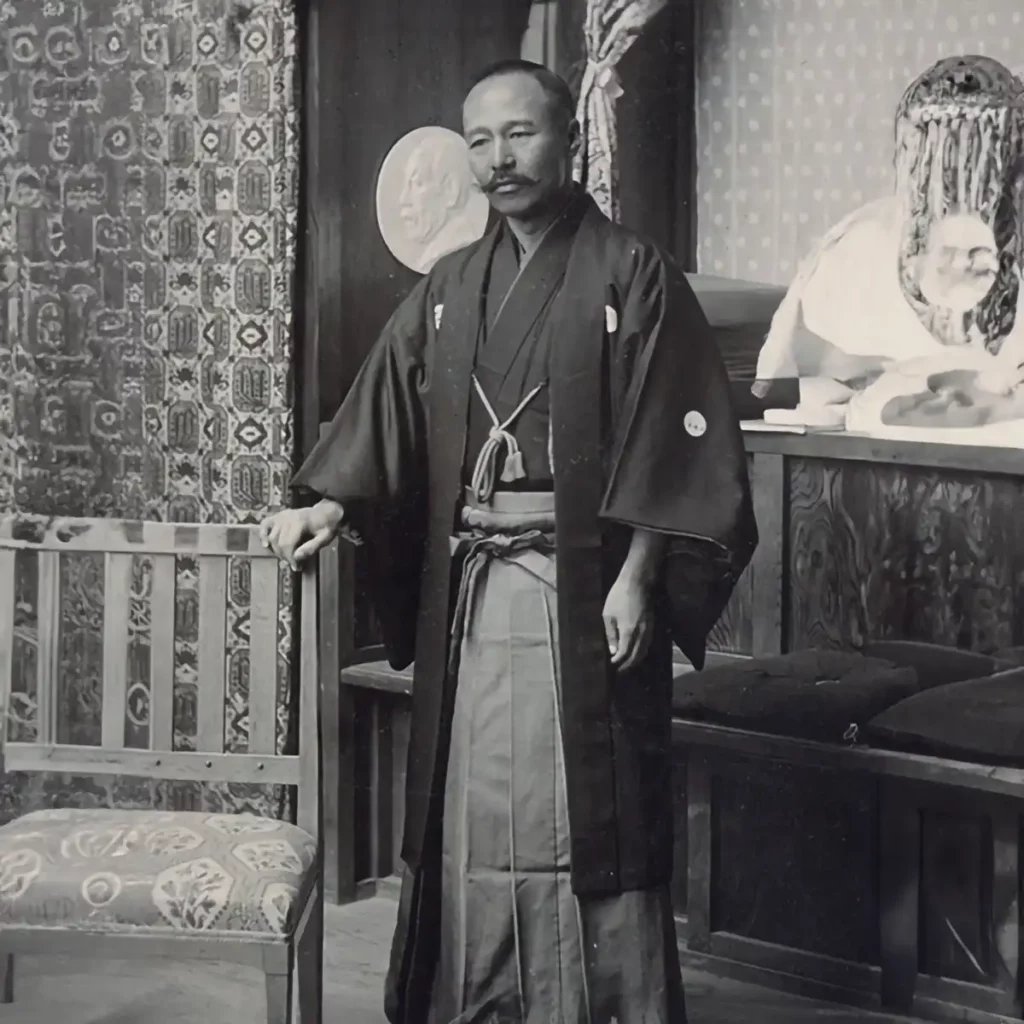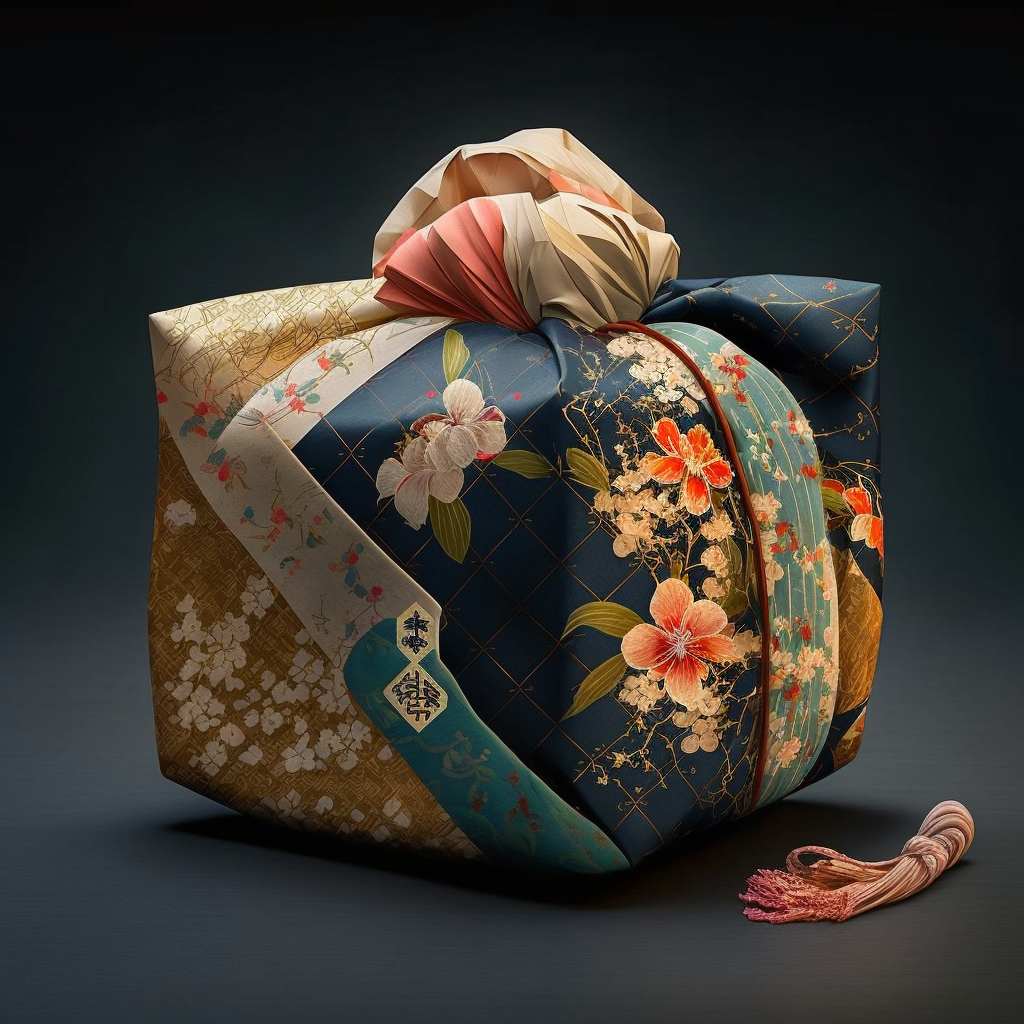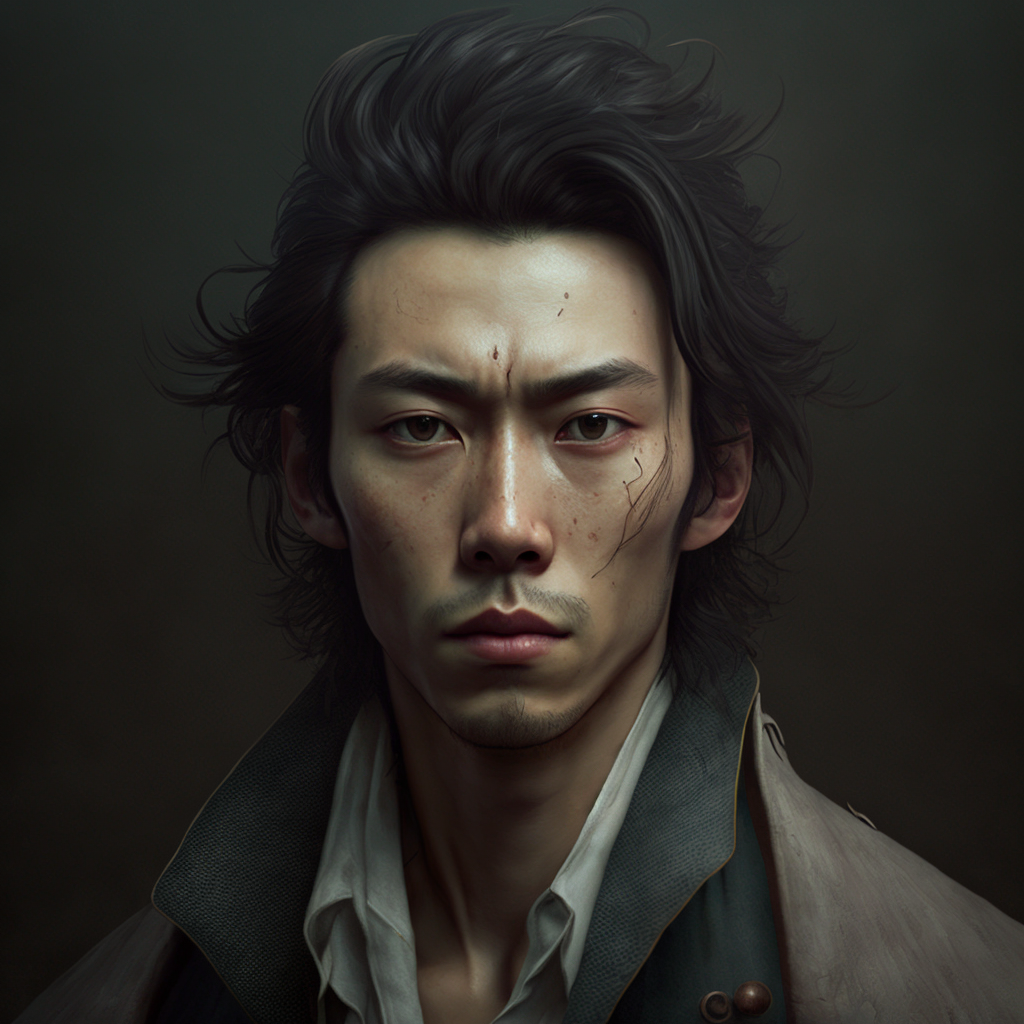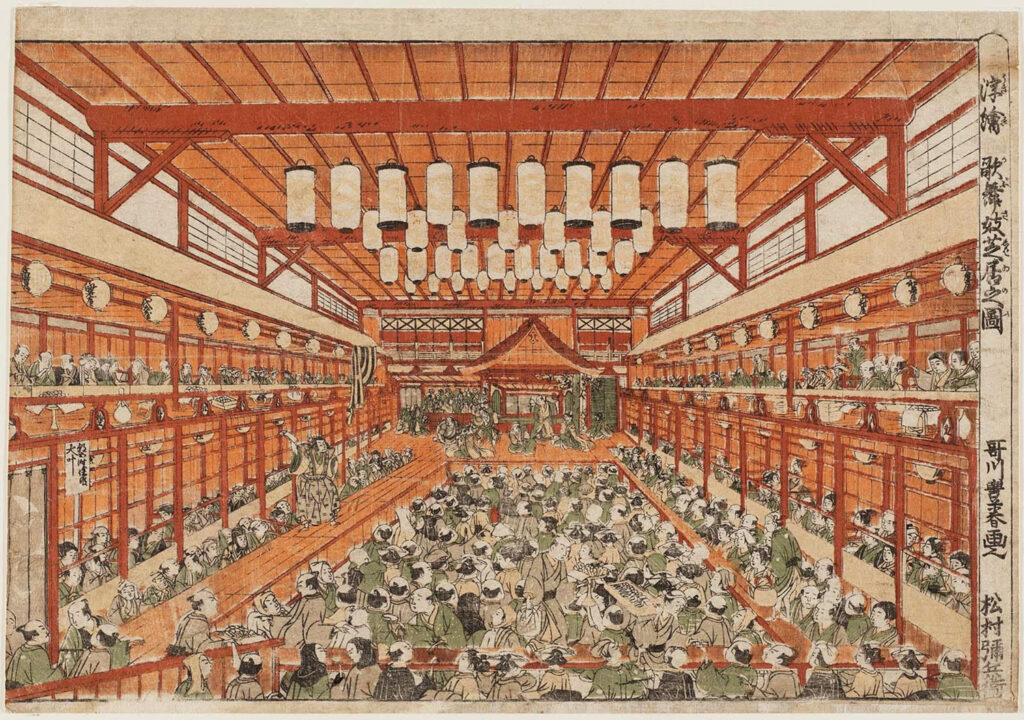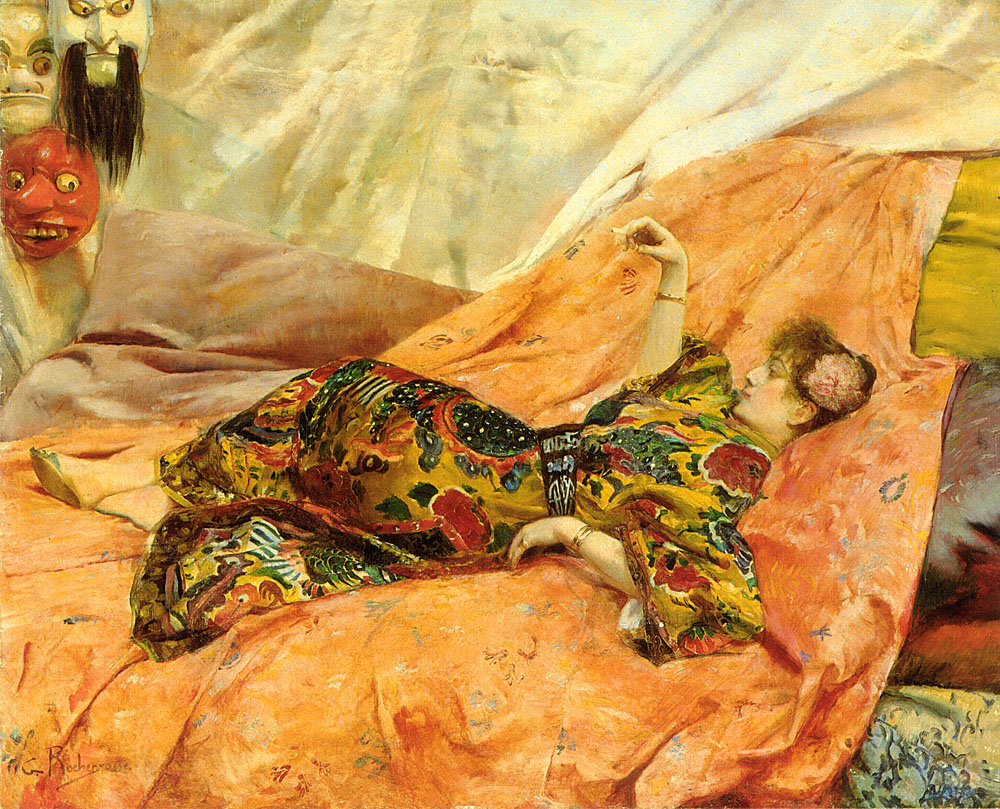Mori Rintarō, known as Ōgai Mori, is one of the most influential figures in modern Japanese literature. This article explores in depth the life and works of Ōgai Mori. It highlights its lasting impact on Japanese culture. Ōgai Mori left his mark on literature with major works in his life such as “Gan” and “Vita Sexualis”. While also having a notable career in medicine. Through a detailed analysis of Ōgai Mori’s life and works, we discover how his personal and professional experiences shaped his writing and legacy.
An Early Scholar
From a young age, Mori Rintarō showed exceptional talent for studies. His father introduced him to Chinese classics, a field doctor. And he then studied Western medicine. In 1874, at just 12 years old, Mori began his studies at the University of Tokyo. He received his medical degree there in 1881.
A Doctor in the Service of Japan
After finishing his studies, Mori worked as a military doctor. In 1884 he was sent to Germany to study Western medicine. It was an experience that profoundly influenced his worldview and his literary career. Upon his return to Japan in 1888, Mori introduced modern medical practices. And he played a crucial role in reforming Japan’s healthcare systems.
A Prolific Literator
Under the pseudonym Ōgai Mori, he began writing literary works while pursuing his medical career. Her time in Germany inspired several of her early works, such as “Maihime” (The Dancer). It is a semi-autobiographical short story that explores themes of love and loss in a cross-cultural context.
Ōgai Mori has tackled various literary genres, including the novel, the short story, the theater and literary criticism. His major works include “Gan” (The Wild Goose), a novel that examines the conflicts between tradition and modernity. And “Vita Sexualis,” a controversial work that explores sexuality and social norms.
A Cultural Influencer
In addition to his own literary production, Ōgai Mori translated numerous European works into Japanese. He thus introduced Western ideas and literary styles to the Japanese public. He was also editor of several literary journals and encouraged many young writers.
The Last Years
Mori Rintarō continued to write and work as a physician until his death on July 9, 1922. His literary legacy endures, and he is often celebrated as a master of modern Japanese prose. His works continue to be read and studied for their psychological depth. But also for their exploration of the moral and social dilemmas of his time.
Conclusion
Mori Rintarō, aka Ōgai Mori, left an indelible mark on Japanese literature. His dual career as a doctor and writer illustrates the richness of his contributions to Japanese culture. Ōgai Mori remains a central figure of the Meiji era. He is a witness and an actor in the transformations that have shaped modern Japan.

